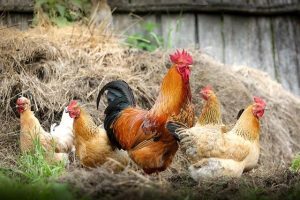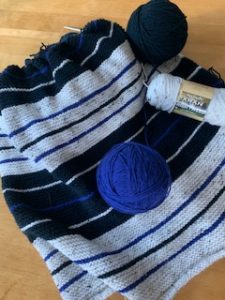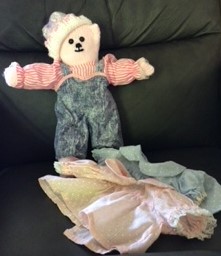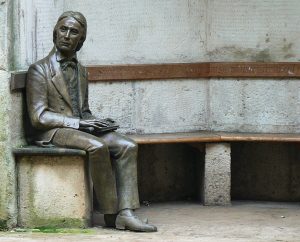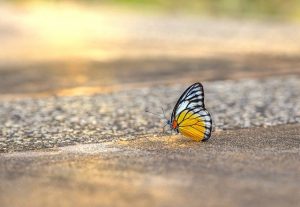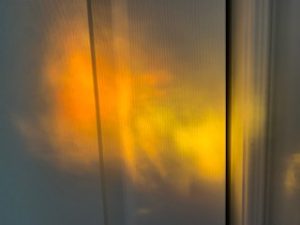
With beautiful poetry, imagery and stark honesty, the Old Testament Psalms can exert a gravitational pull that draws us in to worship, to question, to lament, to give thanks. Jesus quoted from the Psalms, his life story already portrayed in the truth of its words. The psalmist looks at the awesome world around him and marvels at God’s presence and power in the universe around him, but also in the heights and depths of human emotions.
Recently, I have been meditating on The Lord’s Prayer, a prayer I’ve heard hundreds of times., said so often in rote that it can come tripping off my tongue without comprehension. The language is archaic, and the association of a heavenly Father is difficult for many who have no idea of what that would mean in their lives. Our earthly father contributes the X or Y gene that determines our gender. A loving father assumes responsibility for the care of his child even before it is born.
It occurred to me that there could be a psalm-like metaphor that would work well with the Lord’s Prayer. We aren’t like the ancients, who worshipped the sun. Science has proved that the sun is a star, burning hydrogen, helium, oxygen, carbon, neon, and iron. But we understand God as Light of light, the world’s Light-giver, the generative force behind all that we see in the earth. Our Father.
Our Father, in heaven, hallowed be Thy name. Like the sunlight diffuses over all, giving life and sustenance and hope, may You be known in all the earth.
Your kingdom come, your will be done, on earth as in heaven. May we respond to God’s fatherly love as the earth responds to spring sunlight, track you as the sunflower follows the sun.
Give us this day our daily bread. Nothing in our fields will thrive without exposure to this sunlight during the growing season. We are totally dependent on it for our food.
Forgive us our sins, as we forgive those who have sinned against us. When we have so lavishly received the light of your grace, please don’t let us block that light from others in the shade canopy under us. They have sinned against us in lesser ways than we have sinned against God. Grace light is to be shared, not hoarded, God allows the sun to rise on both evil and good.
That we not be led into temptation, deliver us from evil. When we are tempted to wrongdoing or want to cower in shame, keep us from hiding away from the light. We need its clarity to have vision, to keep from stumbling on treacherous paths. We need its healing properties to address our pain.
For thine is the kingdom, and the power, and the glory, forever. Amen. We pray for a kingdom where our Father’s justice, and power, and glory shines forth each day, and forever. In some small way, to do the things that already reflect this reality, and someday look forward to its complete fulfillment.
No, we aren’t sun-worshippers. Though, once, as a shaft of sunlight broke majestically through the clouds, the toddler in my car shouted, “Hi, God!” Our Father, the Creator of the sun, reveals who He is by his handiwork, and so “forward we travel, from light into Light.” *
- From hymn “Let All Things Now Living”, by Katherine K. Davis.
